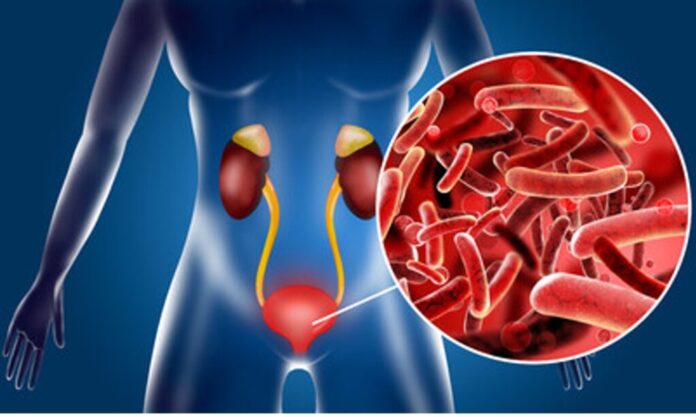Urinary Tract Infections (UTIs) are common infections that affect the urinary system, which includes the kidneys, ureters, bladder, and urethra. Here’s an overview of what you need to know about UTIs:
1. What is a UTI?
- A UTI occurs when bacteria, most commonly Escherichia coli (E. coli), enter the urinary tract and multiply, causing infection.
- UTIs can affect different parts of the urinary system:
- Lower UTI: Affects the bladder (cystitis) or urethra (urethritis).
- Upper UTI: Affects the kidneys (pyelonephritis), which can be more severe.
2. Causes of UTI
- Bacterial Infection: Most UTIs are caused by bacteria from the digestive tract entering the urethra.
- Sexual Activity: Can introduce bacteria into the urinary tract.
- Poor Hygiene: Improper cleaning or wiping can spread bacteria.
- Urinary Retention: Not emptying the bladder completely allows bacteria to multiply.
- Catheter Use: Increases the risk of infection.
- Weakened Immune System: Reduces the body’s ability to fight infections.
3. Risk Factors
- Gender: Women are more prone due to a shorter urethra.
- Age: UTIs are common in postmenopausal women and older adults.
- Pregnancy: Increases risk due to hormonal changes.
- Diabetes: High sugar levels can encourage bacterial growth.
- Kidney Stones: Can block urine flow, increasing infection risk.
4. Symptoms
- Lower UTI Symptoms:
- Burning sensation during urination.
- Frequent urge to urinate, even when little comes out.
- Cloudy, strong-smelling urine.
- Pelvic pain (in women).
- Upper UTI Symptoms:
- Fever and chills.
- Nausea and vomiting.
- Flank pain (pain in the back and sides).
5. Diagnosis
- Urinalysis: Tests urine for bacteria and white blood cells.
- Urine Culture: Identifies the specific bacteria causing the infection.
- Imaging Tests: In severe or recurrent cases, ultrasounds or CT scans may be done.
6. Treatment
- Antibiotics: Most UTIs are treated with a short course of antibiotics.
- Pain Relief: Over-the-counter medications like acetaminophen or ibuprofen.
- Hydration: Drinking plenty of water helps flush out bacteria.
- Severe Cases: Hospitalization and intravenous antibiotics may be required for upper UTIs.
7. Prevention
- Hydration: Drink plenty of water to flush bacteria out of the urinary system.
- Hygiene: Wipe from front to back after using the toilet.
- Urinate Frequently: Don’t hold in urine for long periods.
- Post-Sexual Activity: Urinate soon after to flush out bacteria.
- Cranberry Products: May help prevent bacteria from sticking to the urinary tract walls (though evidence is mixed).
- Avoid Irritants: Stay away from strong soaps, douches, or feminine sprays.
8. Complications (if untreated)
- Kidney Damage: Repeated or severe infections can lead to permanent damage.
- Sepsis: A life-threatening complication where the infection spreads to the bloodstream.
- Pregnancy Complications: Untreated UTIs in pregnant women can lead to low birth weight or premature delivery.



